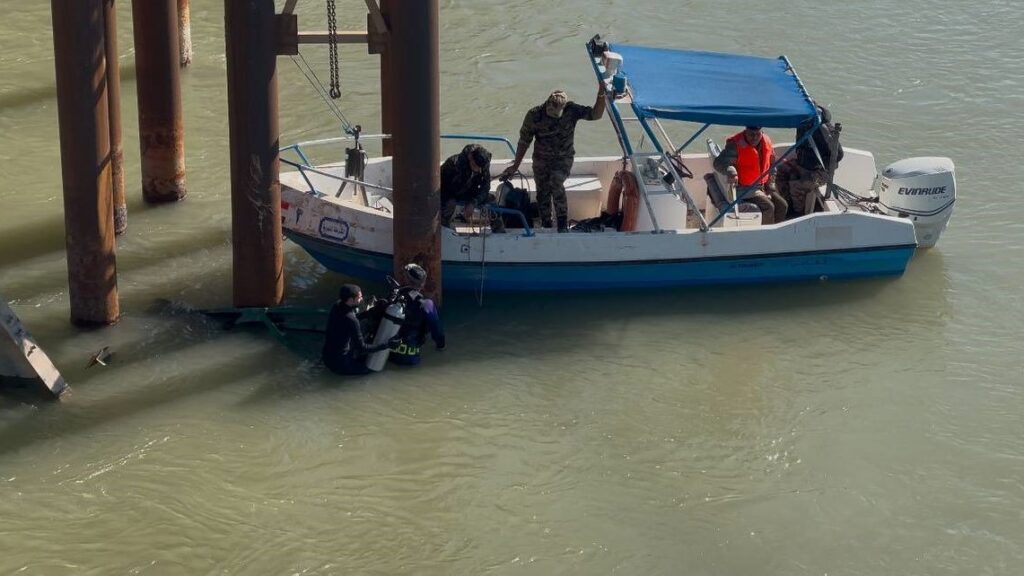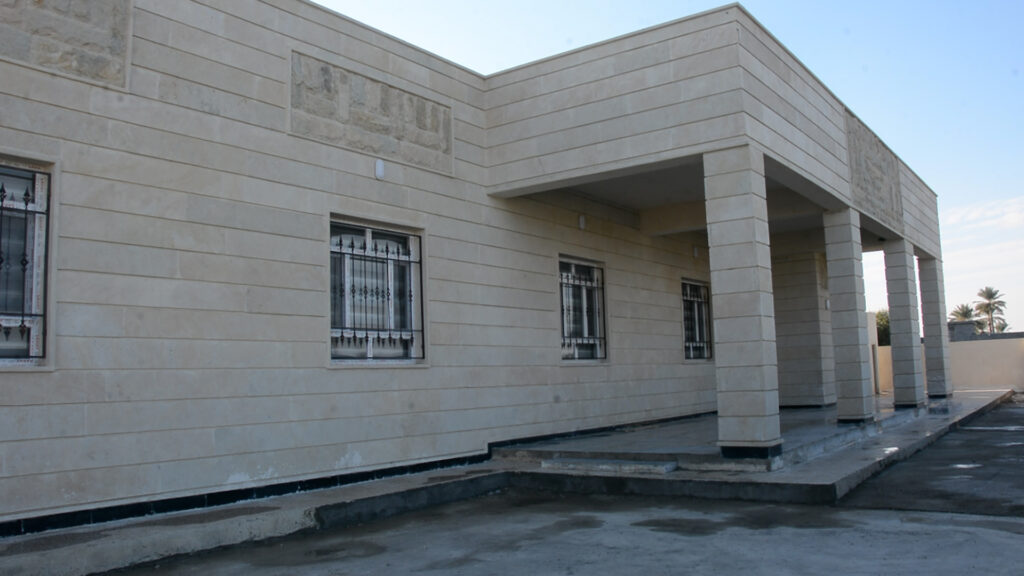Iraq: Small projects bring life back to the streets in Mosul

Various small and medium businesses in the Old City of Mosul are supported by the International Committee of the Red Cross as life gradually returns to the streets and people resume their lives. Some business owners have restored their activities to pre-conflict levels while others are gradually recovering. And some even earn a higher income than ever before.
Micro-economic initiatives (MEI) are income-generating programmes implemented through a bottom-up approach, with each beneficiary identifying and designing the assistance received to run a small business.
“One business brings advantages to others”
Abdul Hakim Mahmoud is a resident of the Old City and owns a carpentry workshop. Before 2014, Abdul Hakim employed three or four workers. Due to the conflict and the deterioration of the security situation, he had to sell his woodworking tools to earn money. His workshop was also pillaged several times.
At the end of conflict, Abdul Hakim resumed his work from scratch. The workshop has expanded and now employs 10 workers. Employment at his workshop has benefitted the workers and their families.
One of the workers at Abdul Hakim’s workshop says, “Together with 9 friends, I started working for Abdul Hakim. The business flourished, and we could afford our monthly rent and health care for our families. Our living conditions have improved.”
Abdul Hakim believes the workshop does not only help cover his workers’ basic family needs, but also benefits taxi drivers, grocers, and other businesses in the neighbourhood. “You assume that the workshop is helping employ 10 or 12 people only, but in fact its impact goes beyond them to almost 30 people,” he says.
ICRC-implemented MEIs are a type of assistance that require that beneficiaries possess a mix of skills and motivation to achieve the desired business results.
“Can we ever return home?”
Abo Omar from Mosul had a grocery store, but lost it during the fighting of 2014. He also lost his house and had to flee together with his neighbours, staying away for a year. They regularly asked themselves: “Can we ever return home?”
When the conflict was over, the displaced families came together one day, plucked up courage and decided to travel home. On that day, eight families went back to find their homes destroyed. With great determination, the neighbourhood residents worked together to clean and rebuild their houses. Other displaced families slowly began to arrive. “When people returned, the neighbourhood came back to life and others were encouraged,” Abo Omar says.
Abo Omar decided to resume his old business and chose a location inside a recently constructed building. He adds: “I had insufficient funding, but the ICRC provided me with support. Nowadays the neighbourhood residents are buying from me.”
As part of the MEI programme, 807 cash grants were made during 2018 to applicants who satisfy the selection criteria, including women-headed families and people with disability.
“My goal is to revive my restaurant and maintain the reputation of my father”
Mustafa is a young man from Mosul who bears a heavy responsibility. Following end of the conflict, he became the sole breadwinner of a family comprising four sisters. Mustafa explained: “Before the war, I ran a restaurant together with my father. When the war broke out, we had to close it. My father was killed in the conflict and living conditions worsened.”
But life went on. And, as Mosul became increasingly stable, Mustafa thought of a commercial loan to open the restaurant again. “When the ICRC came in and supported me, I did not need to borrow money and could open the restaurant again. Now, I am a business owner,” he says.
Mustafa would like to develop his business and hopes that life will normalize. “When people return to the streets and the markets reopen, I will be able to maximize my income. My goal is to revive my restaurant and maintain the reputation of my father.”
“I was drowning and they rescued me”
Faris Ali is a blacksmith by trade and a resident of the Old City of Mosul. He described his life before war: “We lived in good conditions and were comfortable. We were doing a brisk trade. The business provided me with a net income of 3-400,000 dinars per week and the ability to spend money. Each member of my family owned at least a house and a car.”
When the war ended, he felt reborn. However, living conditions were more difficult as Faris lost both his workshop and his house. During the war, he had to work as a daily labourer, but aspired to reopen his shop.
The war affected everyone, and it was not easy for Faris to find support until he learned about the ICRC’s programme. “I was drowning in troubles and they rescued me,” he said.
Faris reopened his blacksmith’s workshop. Business is booming because everyone wants to rebuild their house. “The ICRC provided me with a means to earn a livelihood,” he says.
Throughout 2018, 96 cash grants were given to small business owners in the Old City of Mosul who had lost their businesses due to recent conflict.


